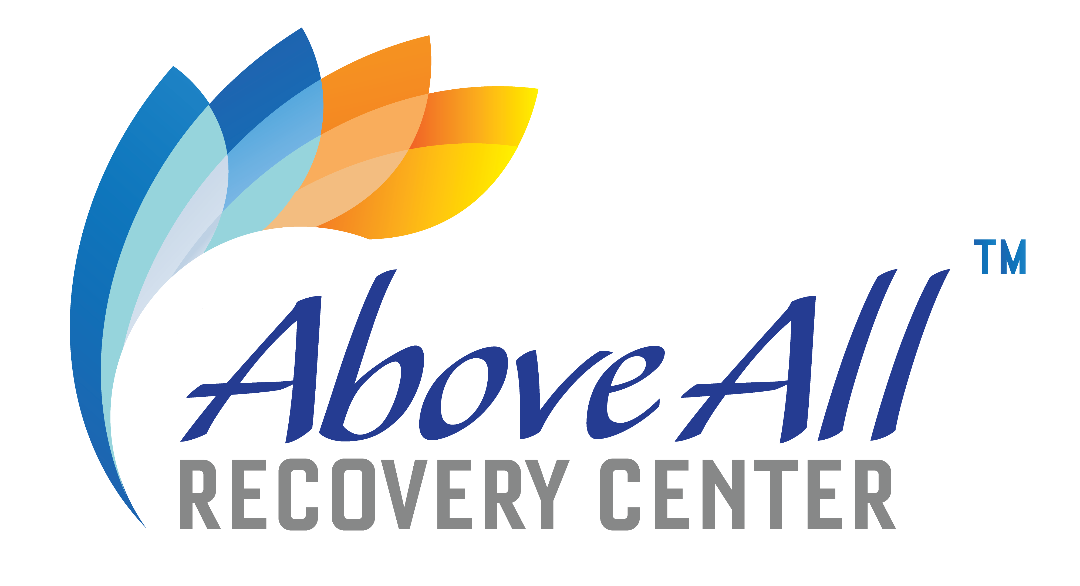Kapanol Rehab Treatment Program Foster RI
Home
Top Kapanol Rehab Treatment Program Foster RI Information
Kapanol Rehab Treatment Program Foster RI
Those who leave Christian addiction treatment centers are expected to incorporate all aspects of their faith into their individual recovery program. Many also fall to drug abuse out of anger and self-punishment. We allow the patient to become an active participant in the planning of their treatment.
Offering an understanding, no-cost alternative for people wanting drug addiction answers and assistance is a unique benefit of this type of hotline. Their drug of “choice†that stimulates the brain’s reward system can be anything, from alcohol, to food, to gambling, to tobacco, cannabis, cocaine or heroin. To date, there have never been any controlled studies showing it to be effective, and it is accepted as a treatment by no association of physicians, pharmacists, or addictionologists. You may also have access to a religious leader, who can help to spiritually guide you through recovery.
Right here are Some More Resources on Meperidine Detox Program

More Resources For Ketamine Abuse Treatment Center Foster RI
Perhaps our most powerful experiential program is our equine therapy. Some of the obstacles that we uncover in our journey to recovery from drugs, alcohol or other addictive behaviors can take all of our energy, as well as the help we need from our Lord Jesus Christ. Our 3rd step experience, in the back reaches of the Wasatch is accessed by using our private helicopter.
More Resources For Disulfiram Detox Treatment Clinic
Rehab Options and Treatment Options for Drug Addiction Can You Get Free Rehab for Drug Addiction? Speak to a Drug Rehab Intake Coordination Specialist now.
Below are Some Even more Resources on Meperidine Detox Program Foster RI
Itʼs also possible that your computer has been infected with a Spambot virus thatʼs using your computer to gather information. What to expect in treatment for addiction at a Christian Drug Treatment center or drug rehab. Trust is important between a child and parent, but don’t let your love for your child dissuade you from ignoring the facts. Starting off sobriety by leaving a program early rarely works as you have failed as soon as you leave early from the program. The addiction syndrome is also hypothesised to be associated with life trajectories that have occurred within the context of traumatogenic processes, the phases of which include social, cultural and political factors, encapsulation, traumatophilia, and masturbation as a form of self-soothing.[33] Such an approach lies in stark contrast to the approaches of social cognitive theory to addiction—and indeed, to behavior in general—which holds human beings regulate and control their own environmental and cognitive environments, and are not merely driven by internal, driving impulses.
Click Here for More Information
Previous Next
You may also like:
Oxycodone Addiction Treatment Programs Sandy Ridge NC
Depade Detox Treatment Facilities Tavares FL
Tussionex Rehab Treatment Program Allen MD
Non 12 Step Treatment For Alcoholism Bartlett NH
Ativan Abuse Facility Annandale NJ
Carisoprodol Abuse Treatment Programs Ware Neck VA
Pcp Addiction Center Corral ID
Molly Addiction Centers Woosung IL
Private Alcohol Detox Costs Holmes NY
Darvon Detox Treatment Programs Gifford PA
Ritalin Abuse Treatment Program Ballinger TX
Avinza Detox Treatment Facility Lihue HI
Temesta Rehab Center Saint Paul NE
Klonopin Addiction Treatment Program East Williamson NY
Alcohol Addiction Recovery Programs Mammoth AZ
Biocodone Rehab Facility Near Me Golden MO
Demerol Abuse Program North Evans NY
Adderall Addiction Treatment Program Myerstown PA
Zolpidem Addiction Centers Rudy AR
Darvocet Addiction Treatment Center Leonard TX
Msir Addiction Detox Program Penn PA
Pcp Abuse Treatment Facilities Middlesex NC
Seconal Addiction Rehab Center Butler PA